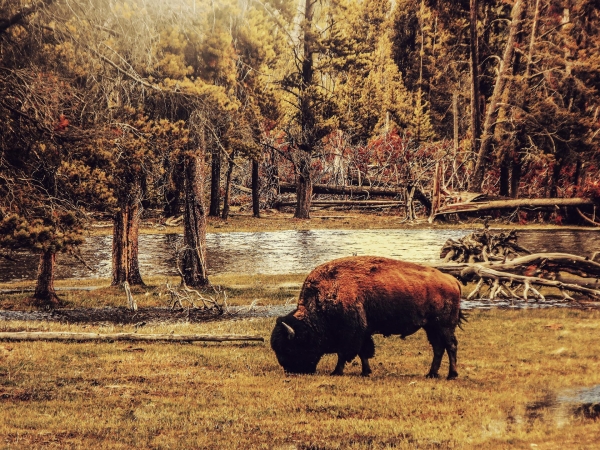Modern agriculture is underpinned by a steady supply of fertilizer. However, one of the main ingredients of fertilizer, phosphorus, is running out, putting pressure and financial strain on farmers throughout the world. Now, with war in Europe causing additional supply disruptions, diminishing stocks of phosphorus may compromise the ability of the world to feed itself.
Mined from rocks and often liberally applied to fields, phosphorus is used in agriculture to help crops grow. However, much of this vital nutrient leaches from fields into nearby rivers, where it is transported to the ocean and eventually buried in deep ocean sediments. As the easily minable sources of phosphorus-rich rock run out, the world faces an impending shortage of this key fertilizer ingredient.
In a new study published in Science of the Total Environment, authors Andrew Abraham, post-doctoral researcher in Northern Arizona University’s School of Informatics, Computing, and Cyber Systems, and Chris Doughty, associate professor of ecoinformatics, suggest an age-old solution to this global crisis—wildlife.
“In the past, animals such as whales, sea birds, fish and bears played a key role in returning phosphorus from ocean depths back onto land,” Abraham said. “In doing so, they collectively retained this nutrient in the biosphere, supporting a more fertile planet. Today, however, species extinctions, diminished population abundances and the erection of fences and dams have reduced this nutrient transport service by more than 90 percent.”
Read more at: Northern Arizona University
Photo Credit: GidonPico via Pixabay


